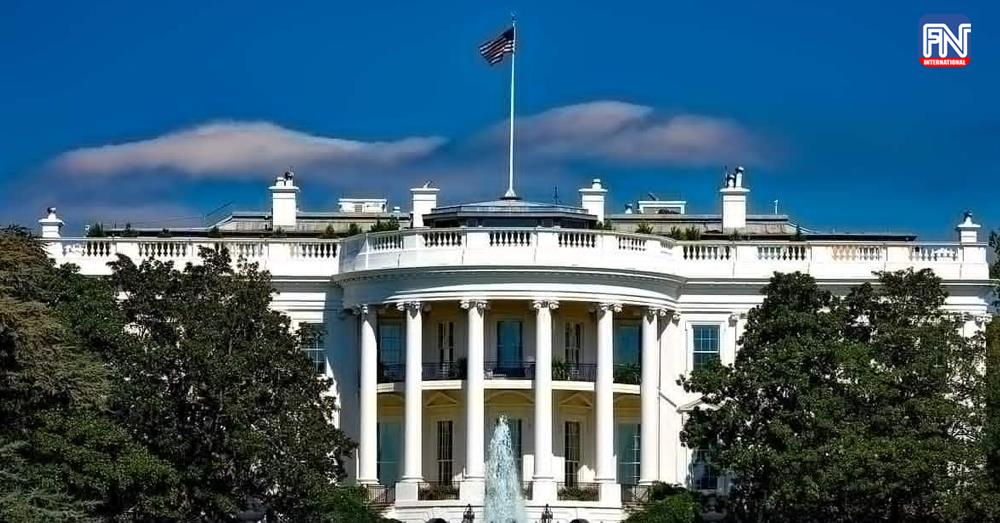HONIARA, April 23 (AFP) - United States officials visiting the strategic Solomon Islands on Friday (Apr 22) warned of serious repercussions if China were to establish a permanent military presence there after the Pacific nation signed a defence pact with Beijing.
A White House delegation in the capital Honiara delivered the stern warning on the same day that China's ambassador attended an event with Prime Minister Manasseh Sogavare - a sign of the importance both nations are according to the small island state.
The US and Australia - the Pacific nation's traditional allies - are deeply suspicious of the defence deal, fearing that it may give China a military foothold in the South Pacific.
The White House said the officials had told Sogavare that the recently signed pact has "potential regional security implications" for Washington and its allies.
"If steps are taken to establish a de facto permanent military presence, power-projection capabilities or a military installation, the delegation noted that the United States would then have significant concerns and respond accordingly," the White House said in a statement.
National Security Council Indo-Pacific coordinator Kurt Campbell and assistant secretary of state for East Asian and Pacific Affairs Daniel Kritenbrink led the delegation, which also included Pentagon officials.
According to the White House statement, "Sogavare reiterated his specific assurances that there would be no military base, no long-term presence and no power projection capability, as he has said publicly".
Beijing announced this week that it had signed the undisclosed security pact with Honiara.
A draft of the pact shocked countries in the region when it was leaked last month, particularly measures that would allow Chinese naval deployments to the Solomons, which are located less than 2,000km from Australia.
Sogavare says that his government signed the deal with "eyes wide open", but declined to tell parliament when the signed version will be made public, and his public assurances have done little to ease concerns in Washington and Canberra.





